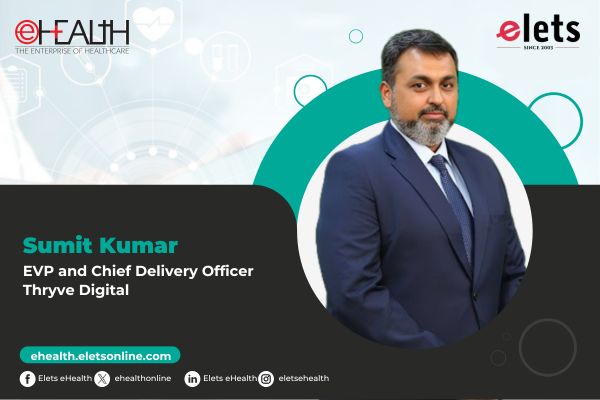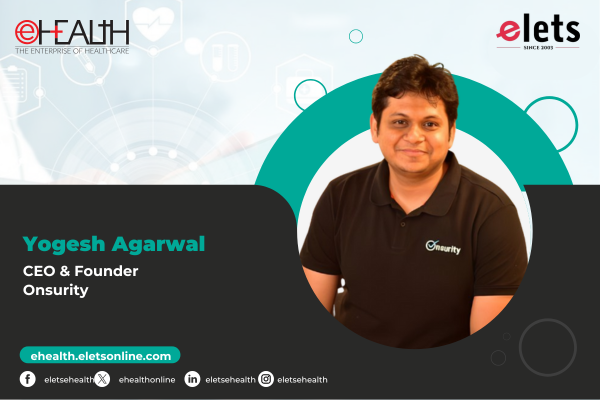
Hyperspecialization in medicine has become a double-edged sword in modern healthcare. While it has led to remarkable advancements in treatment and patient outcomes, it has also created challenges for patients navigating the complex healthcare system. This article delves into the rise of hyperspecialization, its benefits, the difficulties it presents to patients, and potential solutions to help them find the right specialists.
The Rise of Hyperspecialization
Hyperspecialization refers to the increasing focus of medical professionals on narrower fields of study and practice. Over the past few decades, the number of recognized medical specialties and subspecialties has grown significantly. For instance, there are now pediatric neurosurgeons who specialize exclusively in brain and spinal surgeries for children—a field that requires extensive specialized training and experience. This surge in hyperspecialization is driven by rapid advancements in medical science and technology, necessitating in-depth knowledge and expertise in specific areas to provide the best patient care.

Benefits of Hyperspecialization
The primary benefit of hyperspecialization is the potential for improved patient outcomes. Specialists with deep expertise in specific fields can offer more precise diagnoses and more effective treatments. For example, in oncology, specialists focusing solely on certain types of cancer can develop and deliver more targeted therapies, leading to higher survival rates.

Hyperspecialization also fosters innovation and research. Specialists immersed in their fields often pioneer new treatments and technologies, resulting in breakthroughs like minimally invasive surgeries and personalized medicine, which have significantly transformed patient care.

Challenges for Patients
Despite these benefits, hyperspecialization also poses significant challenges. One of the major issues is the difficulty patients face in selecting the right specialist. Many are unsure which type of doctor to consult for their specific condition, leading to delays in treatment or consultations with inappropriate specialists. This confusion can result in wasted time and money, and in some cases, a worsening of the patient’s condition.

A lack of awareness about the various medical specialties and subspecialties compounds this problem. Many patients do not understand the specific roles of different specialists, making it challenging to make informed decisions. The situation is even more dire in rural and semi-rural areas, where a staggering 75% of the population lacks access to modern healthcare facilities, let alone knowledge about which hyperspecialist to consult for their specific health issues.
Also Read: Healthcare Digitization through Ayushman Bharat Digital Mission: Bridging the Gap
Technological Solutions and Recommendations
Addressing these challenges requires a multifaceted approach. First and foremost, patient education is crucial. Healthcare providers must provide clear and accessible information about the roles of different specialists and the conditions they treat. Improved referral systems are also essential, with primary care physicians playing a key role in guiding patients to the appropriate specialists.
Technological solutions offer promising avenues to overcome these challenges. Telemedicine platforms equipped with AI-driven tools can match patients with the right specialists based on their symptoms and medical history. These platforms can help bridge the gap between patients and specialists, especially in underserved areas. AI algorithms can analyze patient data to recommend the most suitable specialist, thereby reducing the time and confusion involved in finding the right care. Additionally, virtual consultations can provide patients with easier access to specialists, particularly in regions with limited healthcare resources.
While hyperspecialization in medicine has undoubtedly enhanced patient care, it also poses significant challenges for patients trying to navigate the complex landscape of medical specialties. By improving patient education, enhancing referral systems, and leveraging technology, we can help patients more efficiently find the right specialists, ensuring better health outcomes and a more accessible healthcare system for all.
Views expressed by: Smriti Tandon, Co-founder, Online Chikitsa Mitra – A Rural Health-tech Start-up
Be a part of Elets Collaborative Initiatives. Join Us for Upcoming Events and explore business opportunities. Like us on Facebook , connect with us on LinkedIn and follow us on Twitter , Instagram.
"Exciting news! Elets technomedia is now on WhatsApp Channels Subscribe today by clicking the link and stay updated with the latest insights!" Click here!
















